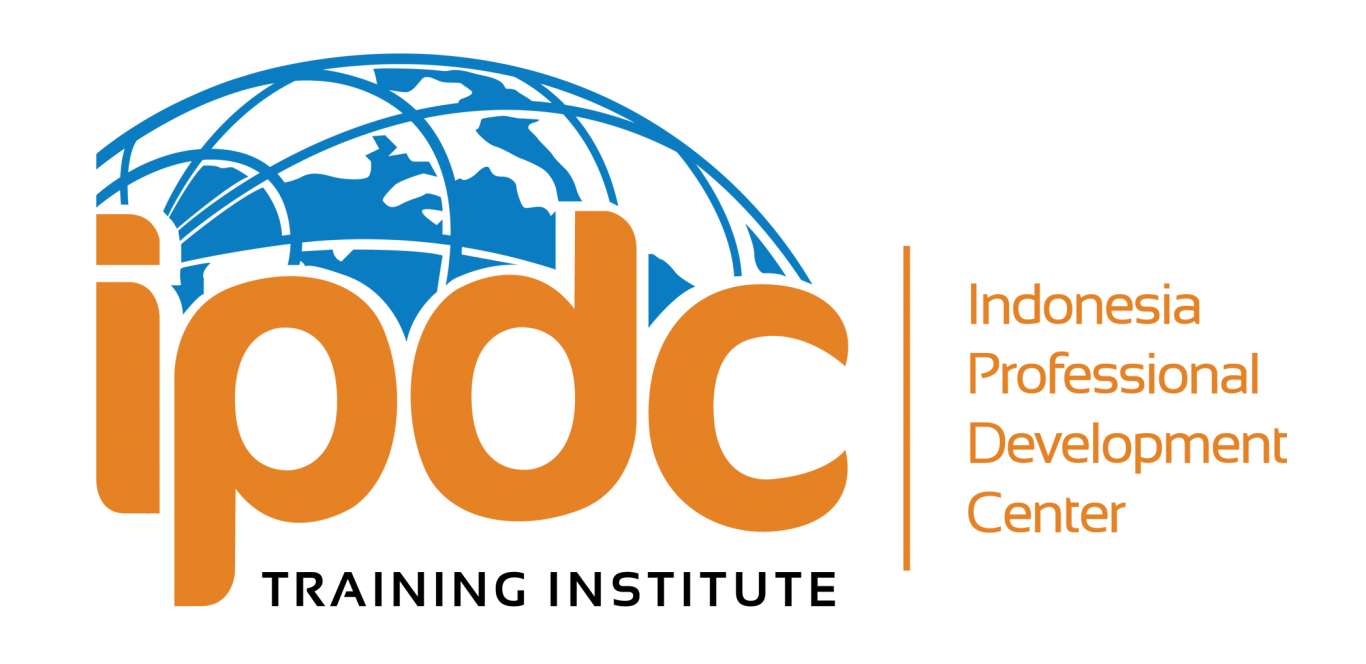













- Overview This course is designed to provide participants with the tools and techniques needed to analyze and evaluate the multifinance business model. The course focuses on understanding the financial and operational aspects of the multifinance sector, assessing risks, and identifying growth opportu

 Overview In today's dynamic and rapidly evolving business environment, leaders must balance two critical yet opposing capabilities: exploiting existing strengths for efficiency and exploring new opportunities for innovation. Ambidextrous Leadership enables leaders to master this duality, driving bot
Overview In today's dynamic and rapidly evolving business environment, leaders must balance two critical yet opposing capabilities: exploiting existing strengths for efficiency and exploring new opportunities for innovation. Ambidextrous Leadership enables leaders to master this duality, driving bot












 Overview In today’s professional landscape, the ability to communicate clearly and negotiate effectively is essential for success. This course is designed to equip participants with the skills to express ideas confidently, build relationships, and achieve mutually beneficial outcomes. By combining c
Overview In today’s professional landscape, the ability to communicate clearly and negotiate effectively is essential for success. This course is designed to equip participants with the skills to express ideas confidently, build relationships, and achieve mutually beneficial outcomes. By combining c
 This course is designed to enhance the negotiation skills of tele-collection professionals, helping them effectively engage with customers in overdue accounts, manage difficult situations, and recover payments in a way that maintains positive customer relationships. Participants will learn to balanc
This course is designed to enhance the negotiation skills of tele-collection professionals, helping them effectively engage with customers in overdue accounts, manage difficult situations, and recover payments in a way that maintains positive customer relationships. Participants will learn to balanc

Our Upcoming Trainings


Thu, Jan 16
|Indonesia
Strategic Management in Disruptive Times
This program is designed to help you expand your strategic mindset, acquire the skills needed to gain stakeholder buy-in and translate strategy into value-driven decisions.
Time & Location
Jan 16, 2025, 7:00 PM – Jan 17, 2025, 11:00 PM
Indonesia
About The Training
OVERVIEW
Strategic management is critical to the development and growth of every organization. Senior executives tasked with this responsibility will recognize that successful execution of strategy requires the ability to navigate uncertainty, make timely decisions, and align strategy with the organization’s systems, people, and culture.
This program is designed to help you expand your strategic mindset, acquire the skills needed to gain stakeholder buy-in and translate strategy into value-driven decisions. Adopting a practical approach, it introduces relevant concepts, analytical tools, and their application to real-world problems in a variety of industries and contexts. You will emerge better equipped to tackle strategic initiatives, transform operating models, and drive change and innovation.
OBJECTIVES
By the end of this training course, participants will be able to:
- Learn to apply key analytical tools used in strategy formulation
- Discover ways to facilitate communication and understanding of business strategies at all levels of the organization
- Understand how operations contribute to the competitiveness of the business
- Gain insights on the best practices in strategy formulation and implementation
- Be exposed to diverse perspectives and experiences from fellow business leaders
TARGET PARTICIPANTS
- Managers
- Corporate and business planners
- Senior Staff of functional areas in marketing, operations, and finance
COURSE CONTENTS
1. Outline
- What is the firm’s strategy?
- Goals, product-market focus, value proposition, core activities
- Is the strategy working?
- Performance: operating performance (financial, non-financial) and organizational health
- Comparisons: over time and relative to the industry
- Does the strategy make sense? (Forward-looking)
- Internal analysis: Resources that support the strategy
- External analysis: Factors determining industry profitability, Key success factors needed to succeed, macro forces driving industry change
- Fit between elements of the strategy- where is the tension?
- The basis for sustainable competitive advantage
2. If Change Is Needed, How Do I Proceed?
- Generate mutually exclusive alternatives
- Choose an alternative and develop an action plan (Short-term and Long-term)
- Developing the strategy
- Effective decision making
- Balancing capability and resources
- Establishing strategic goals
- Developing supporting strategies
- The balanced scorecard
- Evaluating strategies
3. Innovation and Strategy
- Redefining the organization
- Challenging assumptions
- Innovation regarding the customer, product, and business model
- Creating an innovative culture to create a strategy


